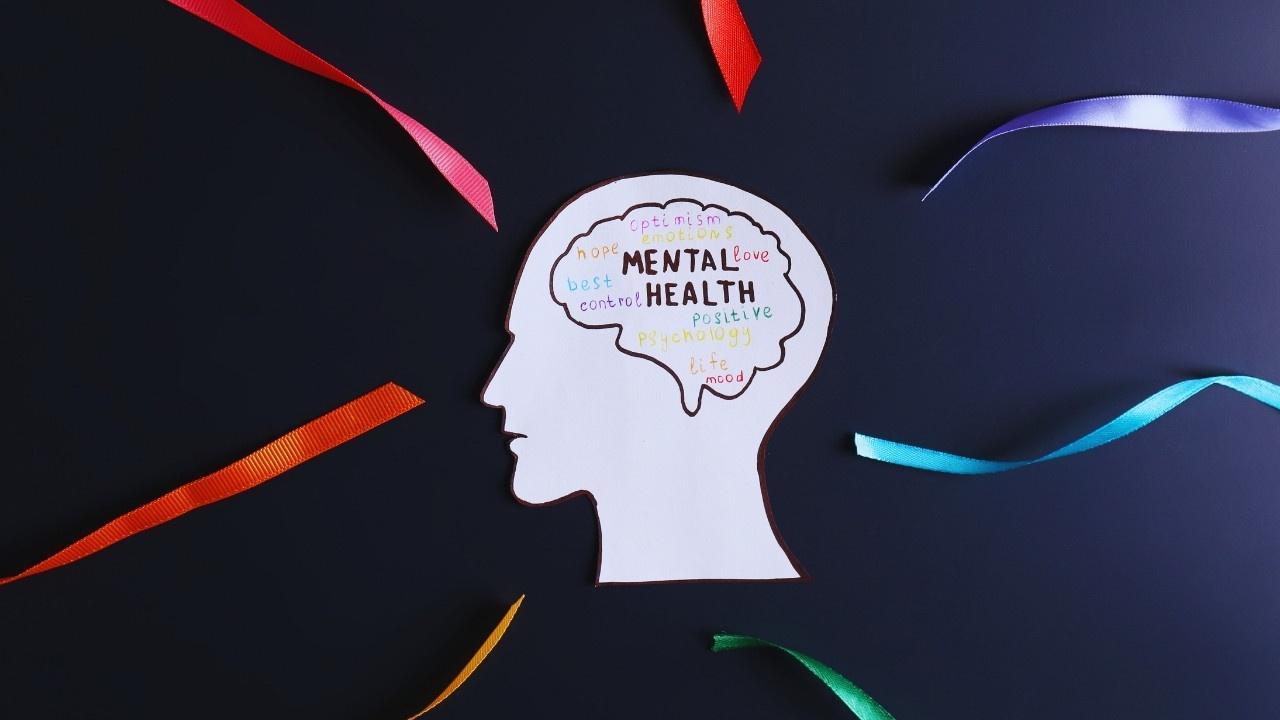You have not yet added any article to your bookmarks!

Join 10k+ people to get notified about new posts, news and tips.
Do not worry we don't spam!

Post by : Anis Farhan
With daily life accelerating, mental fitness is no longer optional. Rather than waiting for memory problems or stress to appear, it means actively cultivating a sharper, more adaptable mind that can think clearly, create solutions, and recover from setbacks.
Contemporary neuroscience confirms the brain stays adaptable across the lifespan. Known as neuroplasticity, this capacity shows that forming new routines can enhance recall, attention, and emotional stability at any age.
This guide explains why mental fitness matters today, describes the most effective practices, offers concrete steps for daily integration, flags common mistakes, and looks ahead to how brain care may evolve.
Several societal shifts have made mental fitness a priority: ageing populations, higher cognitive loads at work, pervasive digital distractions, and a rising focus on prevention.
Longer lives: As people live longer, keeping thinking skills intact becomes vital. Movement, mental engagement and healthy habits all help preserve cognition.
Complex work demands: Many jobs ask for rapid problem-solving, switching tasks, creativity and adaptability, increasing pressure on our cognitive resources.
Digital saturation: Continuous alerts and multitasking wear on attention, memory consolidation and emotional regulation.
Preventive mindset: Rather than waiting for decline, more people are adopting routines that sustain mental performance and resilience.
Taken together, these trends make mental fitness a practical foundation for modern life. The central question becomes: what daily practices best strengthen the brain?
Exercise ranks among the most effective ways to protect the brain. Regular movement increases cerebral blood flow, releases growth factors tied to neuron health, and supports plasticity. Strength training, exercises that tax coordination, and lower-body work are especially beneficial for promoting new neural connections.
Practical Tip: Try to fit in moderate cardio several times a week, add resistance sessions, and include activities that pair motion with cognitive effort — for example, walking while rehearsing a list or balancing while explaining a concept.
The brain performs best when challenged. Learning new abilities, tackling complex games, reading broadly or engaging in unfamiliar tasks builds cognitive reserve. Pursuing a new language or instrument, for instance, lights up multiple brain systems, improving memory and flexibility.
Practical Tip: Set aside 20–30 minutes on several days each week for mentally demanding activities. Prioritise regularity and novelty over flawless performance.
Social contact and emotional stability are linked to healthier cognition and lower risk of decline. Reducing stress, supporting mood regulation and keeping sleep on track all support brain function. Practices like journaling, reflection and gratitude help sustain emotional balance.
Practical Tip: Keep up meaningful social interactions, seek conversations that matter and make emotional check-ins a routine part of life.
Sleep drives memory consolidation, cellular repair and mood regulation. Diet matters too — whole, plant-forward foods, minimal added sugar and nutrient-dense meals support cognitive performance.
Practical Tip: Aim for 7–9 hours of sleep most nights, follow a balanced diet, and schedule downtime for recovery and stress reduction.
Movement: Target about 150 minutes of moderate aerobic exercise weekly plus two strength sessions.
Cognitive challenge: Practice a new skill or stimulating game for 20–30 minutes, 3–5 days per week.
Social/emotional check-ins: Make time for one meaningful interaction each day.
Sleep/nutrition: Keep a consistent sleep routine and include 2–3 brain-supportive meals weekly with protein, vegetables and healthy fats.
Dual-task workouts: Mix physical effort with cognitive challenges to amplify brain stimulation.
Mind-body practices: Add 10 minutes of meditation or mindfulness daily.
Varied cognitive formats: Rotate reading, puzzles, creative projects and memory exercises.
Restorative moments: Use nature walks or hobbies to decompress and renew attention.
Keep track of routines with a journal or app.
Review progress each month and identify where to adjust.
Tune your plan when travel, fatigue or stress change your capacity.
Overreliance on a single pillar: A balanced approach wins — no single habit replaces a comprehensive routine.
Perfectionism: Consistency beats perfection. Occasional lapses are normal and recoverable.
Skipping recovery: Without adequate sleep and rest, gains are limited.
Neglecting emotional health: Seek help if stress, anxiety or isolation are persistent.
Individual differences: Adapt intensity and choices to your age, health and lifestyle.
Wearables and biofeedback: Devices may soon offer continuous insight into cognitive patterns alongside activity metrics.
Personalised cognitive training: AI-driven programs could customise exercises to individual profiles.
Hybrid brain-body interventions: Integrated approaches that combine movement, cognition and feedback are likely to expand.
Community and gamified platforms: Social, competitive and collaborative brain-training programs may become more common.
Workplace initiatives: Employers may increasingly invest in brain-health strategies to support productivity and resilience.
Choose an anchor habit: Make one activity non-negotiable, such as a daily walk.
Block time for new skills: Reserve set slots for cognitive practice.
Use environmental prompts: Keep books, puzzles or instruments visible to encourage use.
Combine social and learning goals: Study with friends or join group classes.
Visualise progress: Track progress with a checklist or habit chart for motivation.
Monthly review: Assess changes in focus, mood and cognitive performance.
Reward effort: Celebrate routine completion rather than flawless outcomes.
Be patient: Missed days happen; return to the plan and keep going.
Mental fitness in 2025 is practical and measurable. By blending movement, ongoing learning, social engagement, restorative sleep and nutritious food, you can build a durable foundation for cognitive health.
Emerging tools will refine and personalise these strategies, but the essentials remain: move regularly, keep learning, connect with others and prioritise rest. Start now and sustain the habits for long-term benefit.
This article is for informational purposes only. It summarises current approaches to brain health and mental fitness and is not a substitute for medical advice. Consult a healthcare professional before beginning new routines.










Study Warns Using AI for Medical Advice Is ‘Dangerous’ as Users Get Inaccurate Health Guidance
A major new study reveals that artificial intelligence (AI) chatbots and tools may give misleading o

Top Sci-Fi Movies Streaming on Netflix This February: Must-Watch Picks for Genre Fans
A curated news-style guide to the best science fiction films currently available on Netflix in Febru

BCCI Central Contracts Shake-Up: Kohli, Rohit Moved to Grade B as Board Reshapes 2025–26 List
Virat Kohli and Rohit Sharma have been placed in Grade B in the BCCI’s 2025–26 central contract list

Dalal Street Spotlight: Top 10 Stocks Investors Are Watching as Markets Open on a High
Indian stock markets begin the week with strong momentum, and several blue-chip and mid-cap stocks a

Market Movers Today: Key Stocks Set To Watch In Indian Markets
Indian equity markets are poised for active trading as several major companies, including Bharti Air

Milan Welcomes the World: Inside the Grand Opening Ceremony of the 2026 Winter Olympics
The 2026 Winter Olympics opening ceremony in Milan marked a defining moment for global sport, blendi